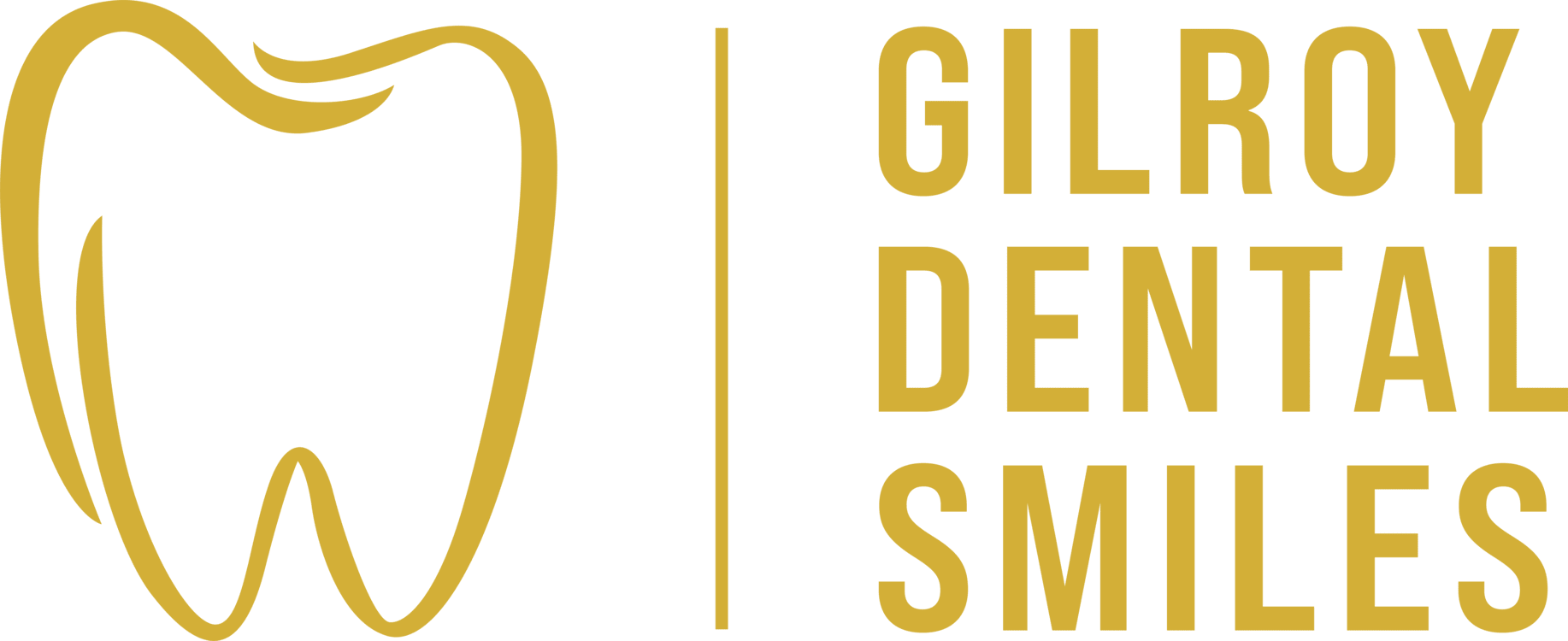Gum Disease Treatment and Prevention
Gum disease, also known as periodontal disease, is an infection that affects the gums and the bone supporting your teeth. It begins as gingivitis, causing red, swollen, and bleeding gums. If left untreated, it progresses to periodontitis, where the gums pull away from the teeth, forming deep pockets that trap bacteria. This can lead to bone loss, loose teeth, and eventually tooth loss. While poor oral hygiene is the primary cause of gum disease, other factors such as smoking, diabetes, and genetics can increase the risk. Early detection and routine dental care are essential in preventing and managing gum disease effectively.
Bleeding Gums
Bleeding gums are one of the earliest signs of gum disease and occur due to inflammation caused by plaque and bacteria buildup along the gum line. Smoking, poor oral hygiene, or underlying health issues can worsen this condition. Without treatment, bleeding gums can progress to more advanced gum disease stages, such as periodontitis. Proper brushing, flossing, and professional cleanings are critical to resolving this issue and maintaining gum health.
Gum Graft
Gum grafting is a surgical procedure used to restore lost gum tissue caused by gum recession. When the gums recede significantly, they expose the roots of the teeth, increasing the risk of decay, sensitivity, and further damage. During a gum graft, tissue is taken from another part of the mouth or a donor source and placed over the affected area to rebuild the gumline. This treatment helps protect the teeth, reduce discomfort, and enhance the appearance of the smile. Gum grafting is often recommended for patients experiencing advanced gum recession to prevent further deterioration and maintain long-term oral health.
Periodontitis
Periodontitis is an advanced stage of gum disease that occurs when plaque and bacteria buildup lead to inflammation and infection beneath the gumline. Poor oral hygiene, smoking, and underlying health conditions can accelerate its progression. If left untreated, periodontitis can cause gum recession, bone loss, and even tooth loss. Symptoms may include swollen gums, persistent bad breath, and gum sensitivity. Regular dental cleanings, proper oral care, and professional treatments are essential to managing periodontitis and preventing further damage.
Gum Recession
Gum recession occurs when gum tissue pulls back from the teeth, exposing the roots and increasing the risk of tooth sensitivity, decay, and loss. This condition can be caused by gum disease, aggressive brushing, or poor oral care. Symptoms include tooth sensitivity, longer-looking teeth, or notches near the gum line. If left untreated, gum recession can lead to more severe oral health problems. Treatment focuses on addressing the underlying cause and, in advanced cases, restoring gum tissue to protect teeth and improve oral health.
Prevention and Treatment
Gum disease can often be prevented or controlled with good oral hygiene and regular dental visits. Brushing twice a day, flossing, and scheduling professional cleanings are essential for maintaining healthy gums. If gum disease progresses, treatments such as deep cleanings, scaling and root planning, or surgical procedures like gum grafting may be necessary. If you experience symptoms like bleeding gums, gum recession, or persistent gum discomfort, schedule an appointment with our office to address the issue promptly and maintain your oral health.
GILROY DENTAL SMILES
Schedule Your Visit Today for a Healthier Smile!
Experience gentle, expert dental care in a welcoming environment.!
GILROY DENTAL SMILES
SCHEDULE YOUR VISIT TODAY FOR A HEALTHIER SMILE!
Experience gentle, expert dental care in a welcoming environment.
All Rights Reserved | Gilroy Dental Smiles
All Rights Reserved | Gilroy Dental Smiles
Dental Website Designed and Powered by Dr. Marketing

